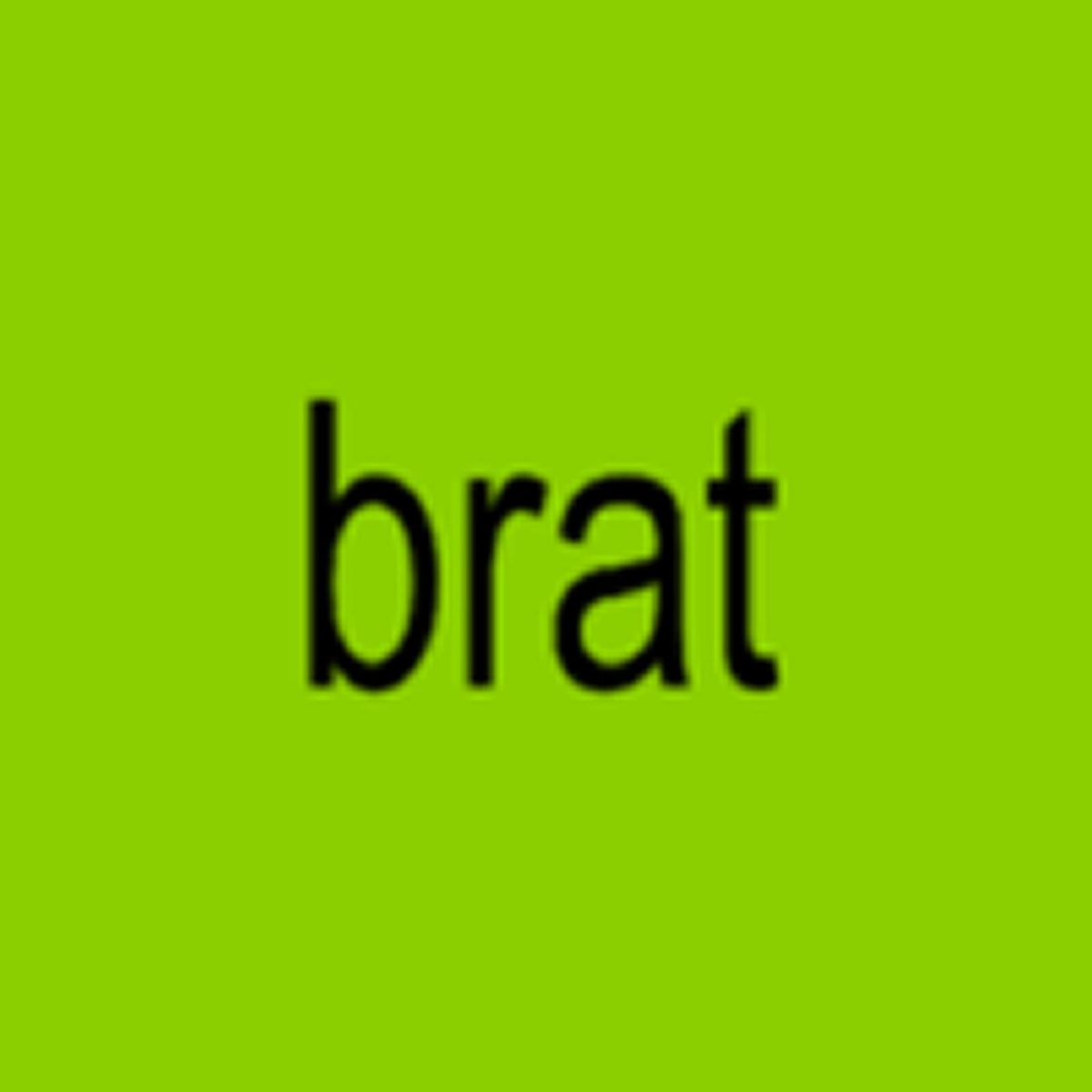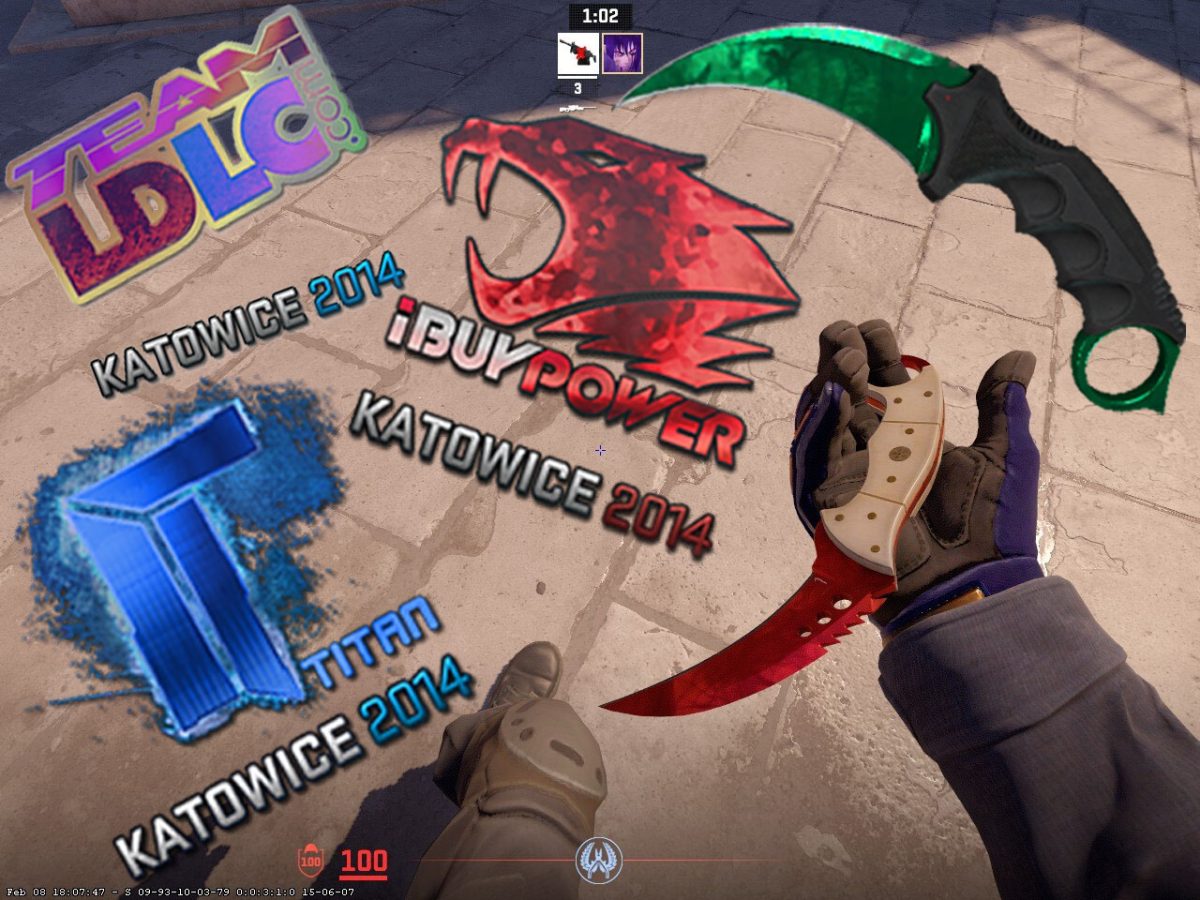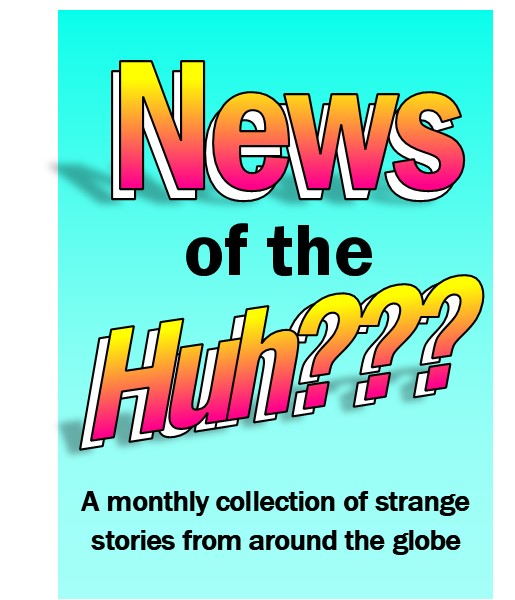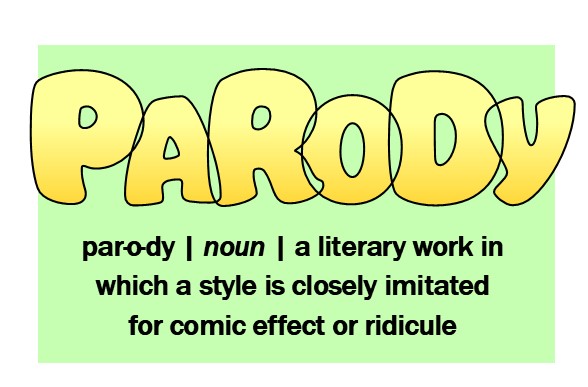British singer Charli XCX’s most recent album,“Brat,” has become a cultural phenomenon in the short months since its June 7 release. Charli XCX is bigger than ever: she’s exerted the type of magnetic pull on pop culture over the last few months usually reserved for completely inescapable stars like Taylor Swift or Beyoncé.
Charlotte Emma Atchinson, known as Charli XCX, exploded into the mainstream in 2012 with hits like “Boom Clap” and “I Love It” by Icona Pop. Since then, she has had a tough time regaining her grasp on pop culture like she had 10 years ago.
She has spent her career creating a dedicated fanbase that has grown with her music. “Brat” is a beautiful revival of her career and simultaneously left its mark as a revolutionary moment in pop culture.
While many could view it just as a wild, messy, party girl album, “Brat” is more than that: Charli XCX sings about the effects of generational trauma, the grief of losing a friend far too young and the trials of female friendship. An album that felt more geared towards her longtime fans ended up becoming one of the most critically acclaimed albums of 2024.
It is rare in the pop genre for an album with themes like partying, late nights, later mornings, drug use, and mental health struggles to be so admired. So admired that Gen Z christened it the season of the “brat,” an aesthetic trend defined by party animal antics, cool-girl style, and lime green everything.
Having evolved from the now-iconic album cover to a whole aesthetic, “brat” is a lifestyle embraced by Gen Z and millennials alike. While the word “brat” usually is used as a derogatory term, being a “brat” is all about accepting your imperfections while embracing the chaos.
For Gen Z, calling someone a ‘brat’ or identifying as one isn’t necessarily negative, it’s a label they’ve reclaimed and turned into something empowering. It represents a shift in attitudes where qualities traditionally seen as negative are now celebrated as forms of self-expression.
“You’re just like that girl who is a little messy and likes to party and maybe says some dumb things sometimes,” Charli XCX explained in a TikTok video. “Very honest, very blunt. A little bit volatile. That’s brat.”
The rapidly-growing “brat” discourse has even moved from social media to mainstream political discussion. Beyond fit checks and viral dances, the brat summer trend transcended TikTok fame to become associated with an unlikely figure: Vice President Kamala Harris.
Shortly after President Biden announced he was withdrawing from the 2024 presidential election, Charli XCX expressed her support for Vice President Kamala Harris by complimenting her in a Twitter post: “kamala IS brat.” Harris’ campaign team has also embraced the brat memes.
Even The North Atlantic Treaty Organization (NATO) shared a “Brat” themed post. The post, captioned “Summer might be over, but the goal for peace remains,” followed by a parody of the “Brat” album cover where “brat” is replaced by “peace.”
What started out as a unique music marketing tool grew into a wider cultural trend over the summer, used by celebrities, brands and political figures to appeal to younger audiences. On Sept. 2 Charli XCX declared the end of “Brat Summer,” with a post on social media “goodbye forever brat summer.”






